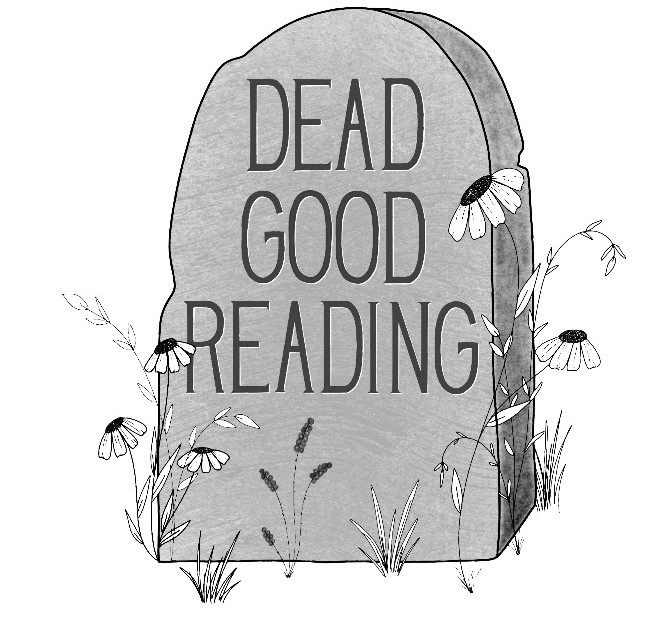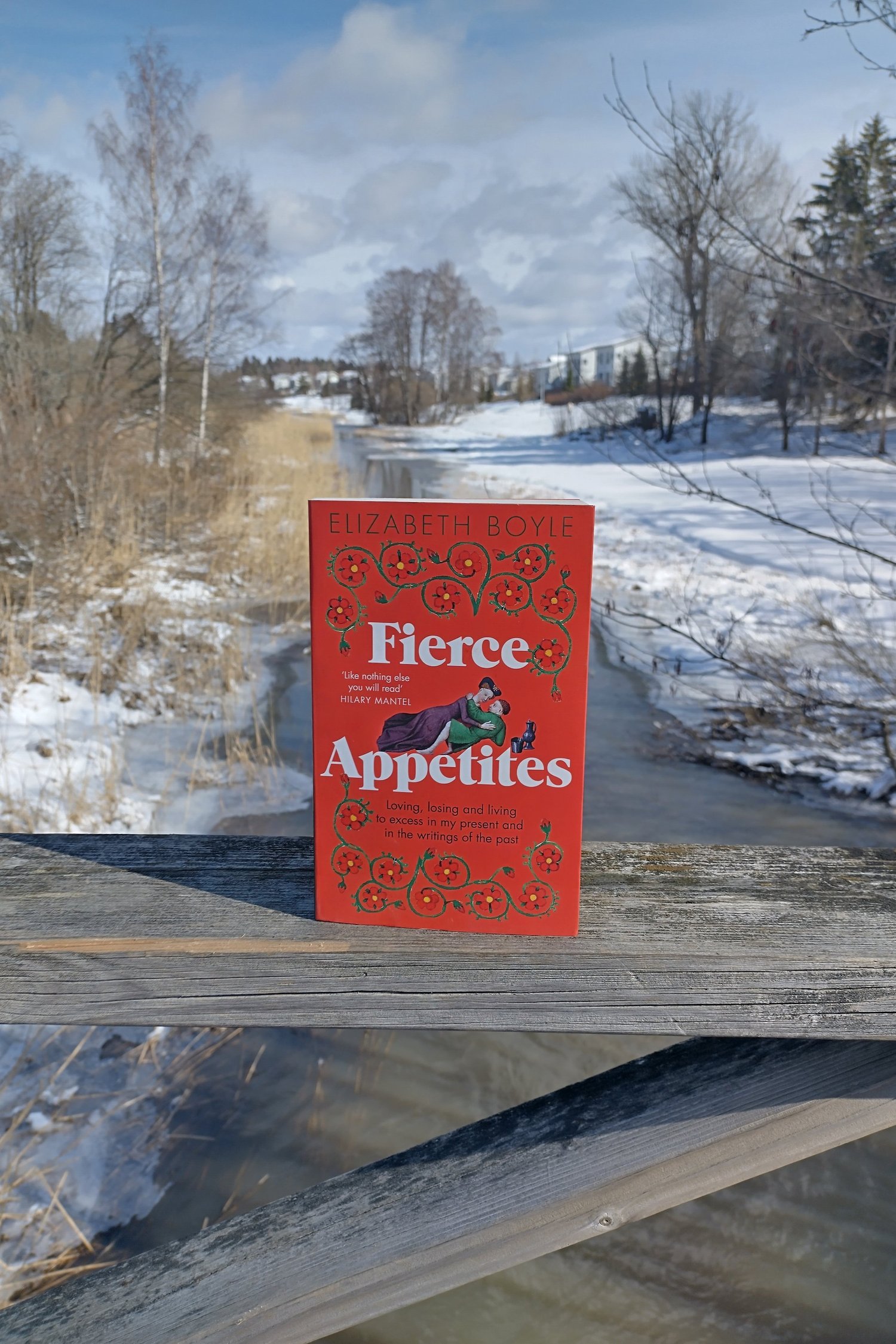Sometimes you read a book that offers you just what you need at that moment in time. Fierce Appetites: loving, losing and living to excess in my present and in the writings of the past by medieval historian Elizabeth Boyle was one of those books for me. Fierce appetites is filled with medieval history, nuggets of wisdom, the admittance that we all as individuals are flawed people, and that we simply try our best.
There can be an arrogance amongst contemporary people, a notion that we do things ‘better’ compared to people from the past. Boyle shows us that there is a lot to learn from stories from Irish Medieval History. And also, that life can just be a big mess.
Fierce Appetites consists of 12 chapters, corresponding to the months of a turbulent year in which Boyle lost her father, a lover and turned 40 years old. Additionally, this year is shaped by the pandemic, lockdown and trying to make sense of so-called new normals. Boyle is grieving the death of her father, and with this her own not-so-straightforward upbringing has resurfaced. Boyle has been predominantly raised by her father, as her mother ‘didn’t feel any maternal instinct’ towards her.
Anthropologist Nancy Scheper-Hughes argues in Death Without Weeping (1992) that mother love is not necessarily something innate or universally experienced by women. Ideas surrounding attachment and bonding are shaped by the societal norms, and driven by larger agendas beyond individual family relations. Importantly, both structural and individual circumstances can hinder the bonding between mother and child. Scheper-Hughes argues that the poor women in the North-East of Brasil that are part of her study cannot afford to bond with their children as poverty levels and child mortality rates are high. Yet, irrespective of where women live on the globe, be it in her home country the United States, or elsewhere, women are pushed to feel certain feelings about their children.
The hegemonic biomedical model of maternal bonding makes the experience of alternative maternal emotions seem unnatural, indeed almost criminal, in the United States today. North American women are literally bombarded in doctor’s offices, clincics, and hospitals with literature and classes on proper maternal behaviour and feelings. (….) The “failure to bond” carries a heavy clincial judgement. No doubt a great many women work very hard to conform very hard to the emotinial expectations defined by the bonding script.
Maternal sentiments, whether in the context of Northeast Brazil or the United States, are shaped by larger “political” agendas and goals”Death Without Weeping (Scheper-Hughes, 1992 page 412).
Scheper-Hughes notes that there is a ‘basic strangeness’ between mothers and newly born children and that it can take a while to form a bond, and sometimes no bond is formed at all.
Fierce Appetites shows how motherhood can have different faces. Boyle and her mother have a very complicated relationship, additionally Boyle’s relationship with her own daughter is not straightforward either. Mothers are complicated and flawed beings, and it’s important to read about this in literature.
In a lot of academic writing the academic is filtered out of the story. Often because the story isn’t about us. We highlight the research and the themes we develop, and serve as silent characters lurking in the background. But we are people with feelings and emotions, and often complicated lives. Boyle is one such academic with a complicated life. I admire the openness and honesty with which she writes about her personal life, both past and present.
Fierce Appetites is an open and honest account about Boyle’s personal life and simultaneously offers great insight in medieval Irish history and love and grief stories from the past. Boyle shows the parallels between the past and the present, and how history is made.
“History is not the same as the past. The past is everything that has happened before this previous moment: history is the stories we choose to tell ourselves about that past. It’s the voices, events, trends and forces that successive generations decide to remember and amplify”
— Fierce appetites (Boyle, 2022 page 131)
Boyle has written a compelling book about ancient Irish stories, which are cleverly linked to contemporary issues and sometimes even compared to Marvel movies (Lockdown works in mysterious ways).
Grief is a tale as old as time, yet no matter how many people have died throughout history, there is something about loss that makes it feel unique and like it never happened to other people before.
“All expressions of grief which survive from the Middle Ages are, by definition, public expressions of grief, because they were written down. It is difficult enough to know what is in the private depths of a person’s heart when they are right in front of us, let alone when they have been dead for a thousand years.”
— Fierce Appetites (Boyle, 2022 page 19)
Fierce Appetites is a book that works on multiple levels, and I can’t wait to return to it an a couple of years and to find out what I’ll discover among the pages then.


Leave a Reply